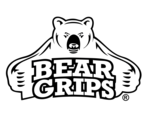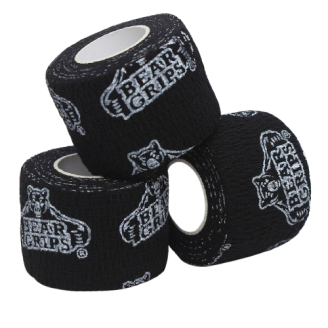
Cross Training Training - Essential Vitamins and Minerals for Cross Training Athletes.
Share
Every Cross Training Athletes is concerned about their performance, how long they take to recover, and their overall health. However, one of the most important and often overlooked components is the diet.
Nutrition and especially vitamins play an important role in determining how effective your Cross Training Athletes training, performance, and recovery will be. Some essential vitamins and minerals play a cornerstone role in fitness and health and as such should be integrated into your daily meals and lifestyle.

Understanding how important each of these vitamins and minerals is and where you can source them from makes everything smooth and easier for you.
Vitamin C
This is one of the leading vitamins. It helps in strengthening your immune system, regulating the iron absorption rate, as well as neutralizing and stabilizing the free irons coming out of the oxidative process. Vitamin C has also been associated with stress reduction which helps out in recovering from the high-intensity workouts much faster.
This vitamin can also be acquired from foods such as strawberries, melons, kale, kiwi, cauliflower, oranges, broccoli, pepper, and guavas. The daily demand for vitamin C is about 100 milligrams which is equal to 1 kiwi fruit. Since the body doesn’t produce or store Vitamin C, you need to include it as an essential part of your Cross Training Athletes diet.
Vitamin D
Vitamin D is at the forefront in assisting your body system in absorbing phosphorous and calcium. These are essential minerals in enhancing your capacity to generate testosterone. Bone development, immune functioning, muscle development, and the reduction of inflammation are all attributed to the work of vitamin D.
The sun is the most significant supplier of this vitamin, and because people do not spend as much time outside, there is a danger of running into vitamin D deficiency.

Research carried out by Harvard University showed that close to a billion people are already at risk. Apart from sunbathing, fatty fish, dairy products, eggs, and pork are essential sources in the Cross Training Athletes training. The daily demand is 15 micrograms which is equivalent to 3 ounces of salmon.
Iron
This mineral helps in transporting oxygen. It forms a critical component of hemoglobin, the substance responsible for carrying oxygen and red blood cells. You can find iron in seafood, red meat, dark green leafy vegetables, peas, beans, oatmeal, and even dried fruits such as apricot and raisins. During Cross Training Athletes WOD, a lot of iron is lost through sweat.
Women require about 18 milligrams of iron per day while men need only 8 milligrams. If this is not met, chances of you experiencing headaches, dizziness, fatigue, and weakness are high.
Calcium
This mineral strengthens your bone health and plays a crucial role in muscular contraction. Calcium powers some essential processes like nerve transmission and blood coagulation regulation.
You can find it in milk, cheese, spinach, yogurt, kale, and broccoli. The daily intake is 100 milligrams. Calcium deficiency may result in heart problems and bone weakness.

To sum up the above, you should also consider including magnesium in the diet of your Cross Training Athletes. It helps in blood coagulation, relaxation of muscles, bone and cell formation, as well as energy production.
The daily recommended intake is 300 to 400 milligrams which is equivalent to two cups of boiled spinach. You can find in nuts, avocados, bananas, fish, leafy vegetables, mineral water, and dried fruits.


